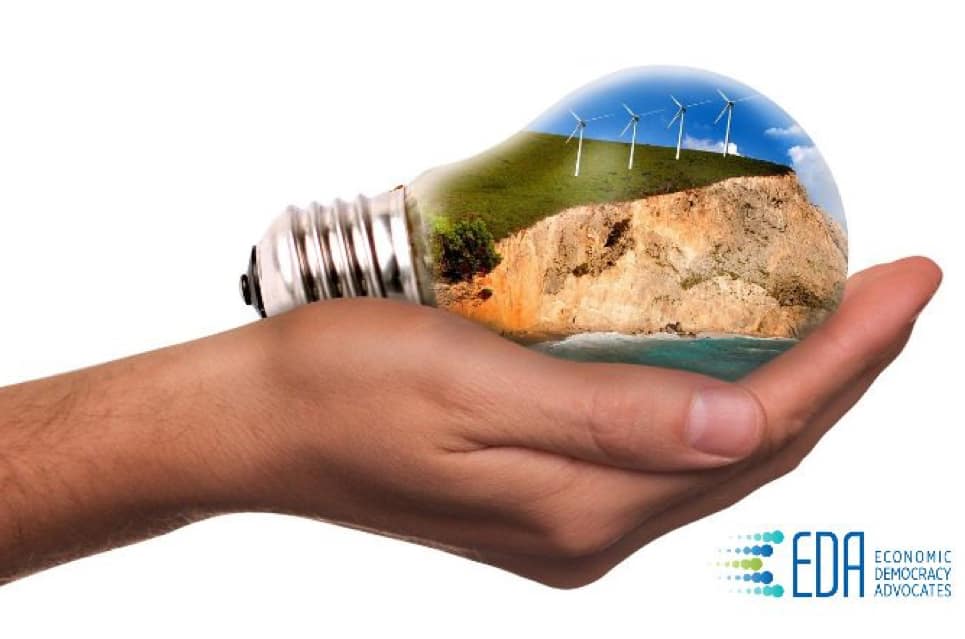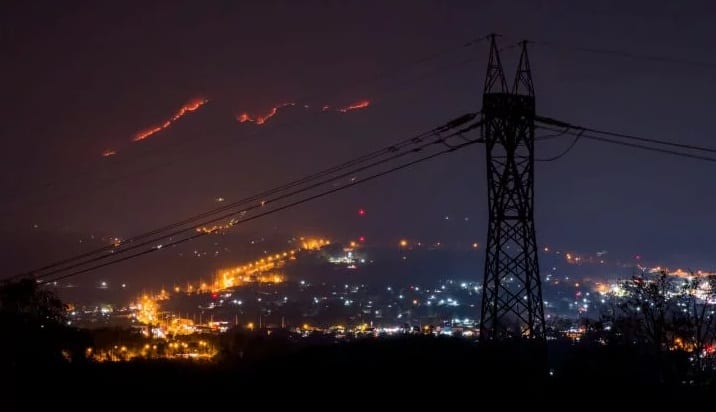by Jack Rued Published: Dec 22, 2016 12:00 AM EST While not essential for human survival as are water and food, our capacity to harness energy for the production of goods and the delivery of services such as light and fuel, is a vital component of our modern industrial civilization. It has improved our quality of life in many respects, yet our profligate use of non-renewable energy sources — primarily oil, coal and gas – has led not only to resource depletion but put enormous environmental pressures on the supply and quality of water and food. Because we have become so fully dependent on energy to provide us these basic human needs, it too has become a basic need and must be considered a part of the commons, the shared birthright of all humanity. Our current civilization was built on fossil fuels. We have begun the process of transitioning to ecologically sustainable systems where we can meet today’s needs without compromising the ability of future generations to meet their needs. Hydroelectricity, solar energy, wind energy, wave power, geothermal energy, bioenergy, and tidal power are all 100% renewable: emerging technologies are making them more efficient and cost effective.
- But we’ve a long way to go. Petroleum, coal and natural gas will still meet 83 percent of total U.S. energy supply requirements in 2030, while ethanol and other renewable energy sources will double. (Note: ethanol has questionable environmental costs.)
- Coal is expected to peak around 2020, followed by oil in 2030. After 200 years of continuous growth in per capita consumption, this signals the moment global carbon dioxide emissions peak and stop growing.
- Annual investments in renewable generation exceeded fossil fuel technologies for the first time in 2011.
- S. States (whose laws vary dramatically) require utilities to generate more of their electricity supplies from renewable sources, which will double renewable energy consumption. CA’s clean energy goal is the most ambitious, while FL is one State fighting strenuously to block any legislation that threatens the bottom line of utilities.
- By 2025 energy consumption in Asia will increase by 31%, 2/3 of that in China and India. Most of the increase will be for fossil fuels.
- Most of the 48% global energy consumption increase (between 2012-2045) will come from non-Western nations.
- Renewable energy could represent up to 65% of the $7.7 trillion in new power plant investments and 60% of all new capacity additions expected over the next 15 years.
- 26 U.S. States sued to block federal Environmental Protection Agency regulations requiring States to reduce emissions of greenhouse gases tied to global warming.
In the U.S. and the rest of the developed world, growth in the use of fossil fuels has begun to slow. Our cars are more fuel-efficient, construction has improved, along with private and public conservation efforts. But part of this reduction in the growth in energy consumption comes from outsourcing a portion of our manufacturing to countries around the world, while the domestic demand for fossil fuels of these growing economies is dramatically increasing.


